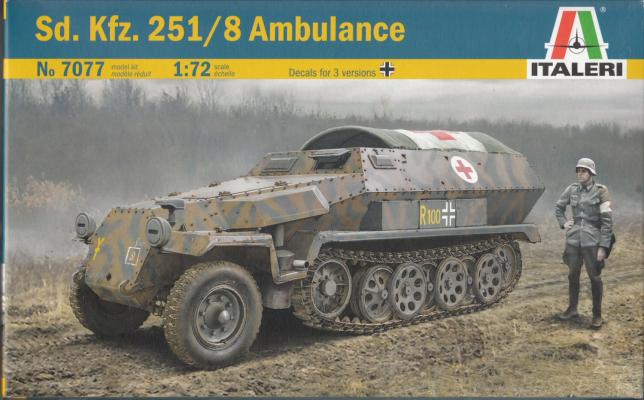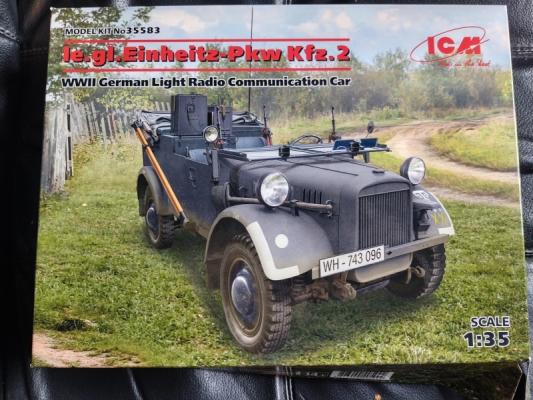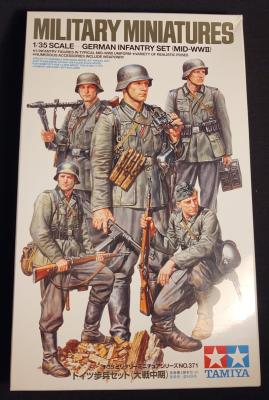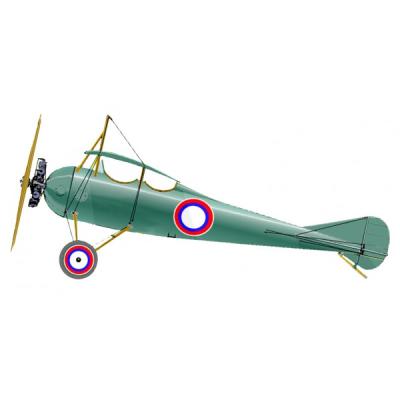Bottom Line Up Front: This most recent addition to the Osprey Men-at-Arms Series does its best to make sense of a confusing subject, to the Japanese civil wars of the 1860s and 1870s period. It is well illustrated and provides rudimentary information that is fairly easy to understand.
Welcome to the IPMS/USA Reviews site!
Introduction: The primary organization of the IPMS/USA Review website is by IPMS/USA National Contest Class. Within each Class there are sub-menus by kits, decals, books, etc. The Miscellaneous Class is for items that are not class specific or that cross two or more classes.
IPMS/USA Members: We encourage you to submit reviews, both here and to the Journal. To volunteer for membership in the IPMS/USA "Reviewers Corps" and submit your own reviews, please read the Guidelines For Submitting Product Reviews.
Manufacturers, publishers, and other industry members: IPMS/USA is pleased to offer your company the opportunity for product reviews. All product reviews are performed by IPMS/USA members, and are posted in the publicly-accessible section of our website. With very few exceptions, we perform full build reviews of new kit releases, aftermarket products, and supplies. If you would care to provide product samples for review, please contact John Noack, IPMS/USA 1st VP.
To learn more about IPMS/USA, please see our About Us page.
The Sd. Kfz. 251/8 was the ambulance version of the personnel carrier halftrack built by Hanomag. The vehicle was known in the Wehrmacht as the Krankenpanzerwagen, (armored ambulance). It could carry 8 “walking wounded” or 2 stretcher patients and 4 seated casualties.
The Kit
There are 4 sprues in the box, along with the decals and instructions. No clear parts. I pretty much followed the instructions as far as assembly, starting with the interior and then putting the top and bottom of the main compartment together. I did take a picture of the interior before I did the final assembly, because that’s the last time anyone’s going to see the driver’s compartment, since there are no windows or openings.
I painted the entire vehicle panzer dark gray, including the wheels and the suspension parts. I then painted it with panzer schokobraun in stripes for the camouflage. I then painted the black tires on the track suspension and assembled the suspension parts.
Brief History
Manufactured by the Stoewer Company, as well as BMW and Hanomag since 1936, the light uniform all-road car (leichten gelande Einhets Personen-Kraftwagen) possessed all-wheel drive, independent suspension, and a simplified open body. This particular body, the Kfz.2, was a three-seat communication car with a Torn. Fu.b1 radio set.
The Kit
The kit consists of 5 styrene sprues, one clear sprue, and a small sheet of decals that represent the four featured schemes in the kit. Construction begins with the chassis, and over the course of the first thirteen assembly steps, you’ve handled 45 parts. Everything goes together pretty smoothly however.
The next thirteen steps have you assembling the engine and inserting it onto the chassis. It builds into quite a nice little kit all itself. Following that, we move onto the floor of the car, adding the fuel tank, bracket, rear reflector, and fuel tank nozzle. This is then added to the chassis.
Tamiya has really stepped up it’s game in the figure department in the last few years. Starting with single figures and sets in the re-boxing of the Marder III M, Hummel, and 38 (t), the new designs have really made assembly and posing easier than ever. There are notches and tabs that help align the shoulders, legs, and torsos (molded in front and back halves) to avoid any gaps. There are also molded indentations on the back of the torso and in the pouches to attach the extra equipment to so they appear to avoid them looking as if they’re simply resting on the torso and belt. The included facial details are also much more expressive and individualized than in the past. In one figure, there is a separate boot and another has a hand separate from the arm which is a bit odd. The drawback to the parts being so specifically keyed to each other is that they really aren’t interchangeable.
When this first came up for review, I’ll admit I never heard of this plane or company which is intriguing. A little quick research and I found that this was one of the first Russian monoplanes and it had an interesting difference with many planes - no ailerons. The ends of the wing bias because of their tether tension control wiring. That was enough for me. Omega Models located in the Czech Republic makes limited run resin models of lesser known subject. This kit comes in cream colored resin in 23 pieces with decals, instructions and a length of wire.
My first action was to wash the parts with dish detergent to remove any mold release and let dry. Next, I separated the parts from casting blocks and sanded down the minimal seam lines. All this prep work is critical as finding paint not sticking or a seam line later is much harder to fix.















